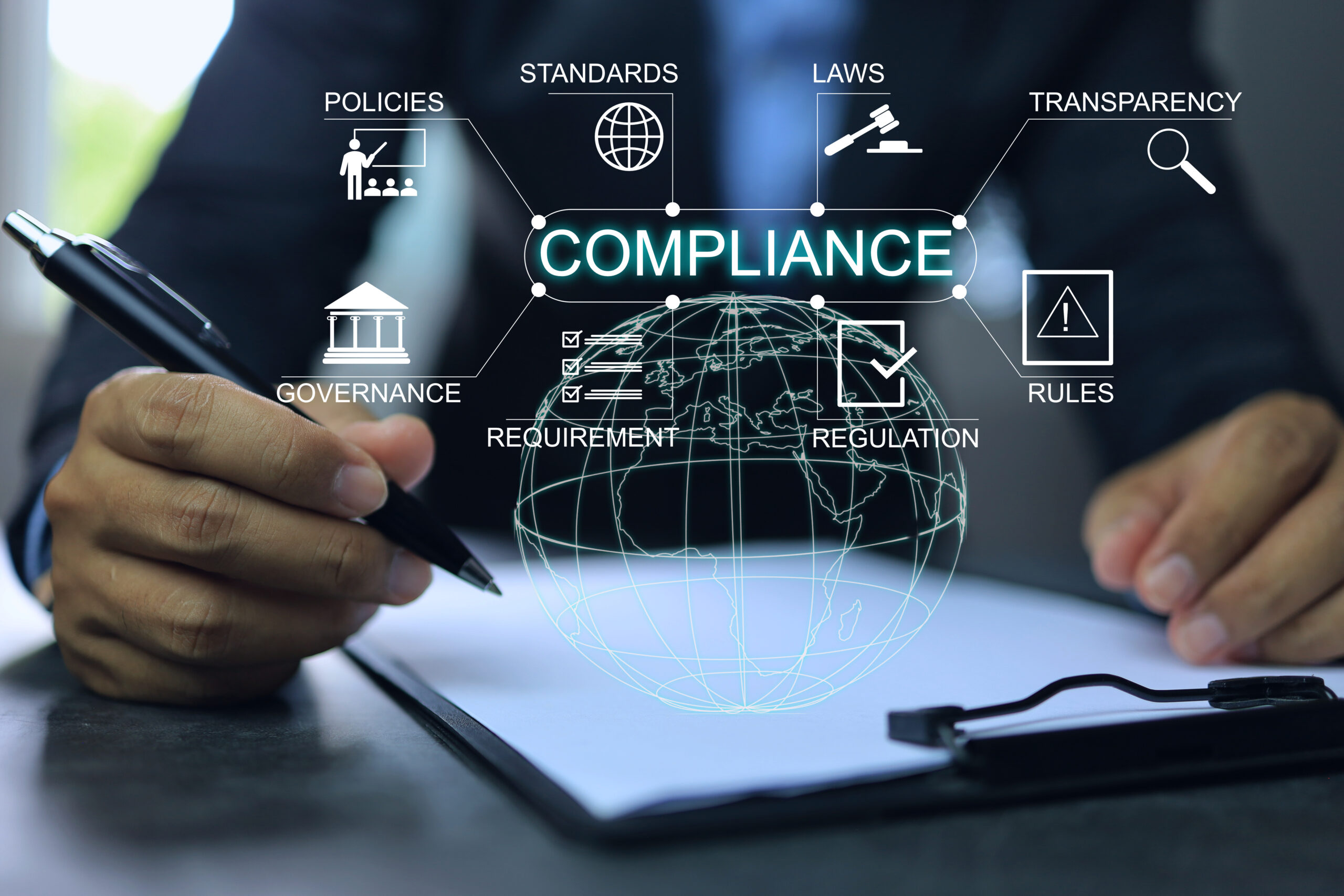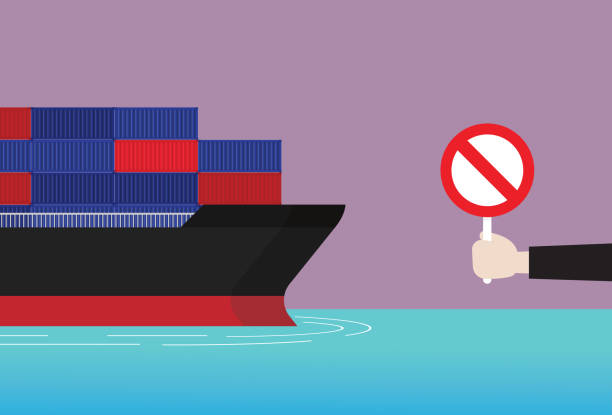Understanding and adhering to global trade regulations and laws is crucial for businesses looking to expand their international footprint. These regulations govern the exchange of goods and services across borders, ensuring fair competition, protecting consumers, and safeguarding national security. For companies, compliance with these trade regulations is not just a legal requirement but also a strategic necessity to avoid penalties, build trust, and maintain a competitive edge.

The Importance of Trade Regulations
Trade regulations encompass a broad range of rules and standards set by international bodies, national governments, and regional trade agreements. They cover aspects such as tariffs, import and export restrictions, customs procedures, trade sanctions, and product standards. The primary objectives of these regulations include:
- Promoting Fair Competition: Trade regulations aim to create a level playing field for all market participants, preventing practices such as dumping and unfair subsidies that can distort competition.
- Protecting Consumers: Standards and regulations ensure that imported goods meet safety and quality requirements, protecting consumers from harmful or substandard products.
- Safeguarding National Interests: Trade laws often include measures to protect domestic industries, preserve national security, and promote economic stability.
- Facilitating Trade: While some regulations impose restrictions, others aim to streamline and simplify trade processes, reducing barriers and fostering international commerce.
Key Trade Regulations Impacting Global Trade
Tariffs and Duties
These are taxes imposed on imported goods. While tariffs can protect domestic industries by making imported goods more expensive, they can also lead to trade disputes and retaliatory measures.
Import and Export Controls
Governments may restrict the trade of certain goods for reasons such as national security, environmental protection, or public health. These controls can include licensing requirements, quotas, and outright bans.
Customs Procedures
Efficient customs procedures are essential for the smooth flow of goods across borders. These regulations cover documentation requirements, inspection processes, and duties assessment.
Trade Sanctions and Embargoes
These are restrictive measures imposed by governments or international organizations to influence the behavior of other nations. They can target specific countries, industries, or individuals.
Product Standards and Safety Regulations
Compliance with international standards and local regulations ensures that products meet required safety, health, and environmental criteria.
The Role of Compliance in Global Trade
For businesses, navigating the maze of trade regulations can be daunting. Non-compliance can result in severe penalties, including fines, import bans, and reputational damage. Therefore, a robust compliance program is essential. Key elements of an effective trade compliance strategy include:
- Knowledge and Training: Staying informed about the latest trade laws and regulations is crucial. Regular training for staff involved in international trade ensures they are aware of compliance requirements and best practices.
- Internal Controls and Audits: Implementing rigorous internal controls and conducting regular audits help identify and mitigate compliance risks.
- Documentation and Record-Keeping: Accurate and thorough documentation is vital for demonstrating compliance and facilitating customs procedures.
- Risk Management: Identifying and assessing risks related to trade regulations enables businesses to take proactive measures to mitigate them.
Emtrain’s Global Trade Training
At Emtrain, we understand the complexities of global trade regulations and the challenges businesses face in maintaining ethical compliance. Our Global Trade Training lesson is designed to equip your team with the knowledge and skills needed to navigate trade laws effectively. From understanding tariffs and import controls to mastering customs procedures and compliance strategies, our training provides comprehensive insights and practical guidance to ensure your business thrives in the global marketplace.
Conclusion
Trade regulations are a fundamental aspect of global commerce, influencing how businesses operate and compete internationally. By understanding and complying with these regulations, companies can not only avoid legal pitfalls but also leverage compliance as a competitive advantage.








